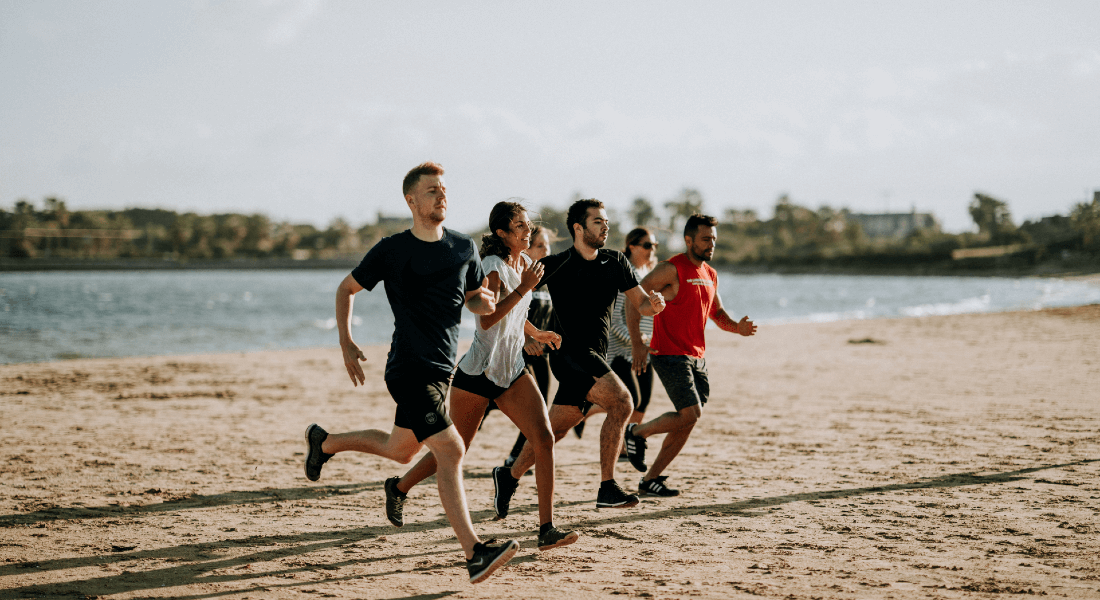Diet and Physical Activity in Prevention and Treatment of Disease

MSc Programme in Human Nutrition
The focus is on under and malnutrition and non-communicable diseases in children and adults and the effects of diet/nutrient intake and physical activity on these, both in relation to prevention and treatment.
Main topics are: under and malnutrition; inflammation; immunology; osteoporosis; cancer; obesity; metabolic syndrome; type 2 diabetes and cardiovascular diseases.
The main objective of the course is to give the student an understanding of the relation between diet, nutrition and physical activity and non-communicable diseases in adulthood.
Knowledge:
- Describe the pathogenesis of the most common non-communicable diseases (i.e the metabolic syndrome, type 2 diabetes, gestational diabetes, cardio vascular diseases, osteoporosis and cancer).
- Describe the effects of lifestyle (diet/nutrients and physical activity) on prevention and treatment of these non-communicable diseases (including risk factors for these diseases).
- Describe the effects of dietary strategies for treatment of under and malnutrition.
Skills:
- Discuss and reflect on the effect of lifestyle (diet/nutrients and physical activity) on the prevention and treatment of the most common non-communicable diseases (e.g. obesity, type 2 diabetes, cardiovascular diseases, inflammation).
- Explain and discuss the mechanisms behind the influence of lifestyle (diet/nutrients and physical activity) on non-communicable diseases on a systemic as well as, organ, tissue and cellular level.
- Explain and discuss the mechanisms behind the influence of lifestyle (diet/nutrients) on under and malnutrition on a systemic as well as, organ, tissue and cellular level.
Competences:
- Evaluate different risk factors for non-communicable diseases.
- Critically assess the effect of lifestyle on risk factors and development of non-communicable diseases.
- Recommend relevant lifestyle changes for prevention and treatment based on the evolution of the risk factors.
- Evaluate the effectiveness of diet and physical activity in the prevention and treatment of related non-communicable diseases in relation to the pathogenesis of these on a scientific level.
- Communicate effectiveness of diet and physical activity in the prevention and treatment of related non-communicable diseases in relation to the pathogenesis of these on a non-scientific level.
- Evaluate lifestyle strategies in the prevention and treatment of under and malnutrition.
Will be announced at Absalon.
| Category | Hours |
| Lectures | 40 |
| Class Instruction | 40 |
| Preparation | 123 |
| Exam | 3 |
| Total | 206 |
Oral feedback will be given collectively when reviewing exercises performed during lectures.
- Language
- English
- Course code
- NNEK23005U
- Credit
- 7,5 ECTS
- Level
-
Full Degree Master
- Duration
- 1 block
- Placement
- Block 3
- Schedule
-
A
- Course capacity
- No restrictions.
The number of seats may be reduced in the late registration period
Study board
- Study Board of Food, Human Nutrition and Sports
Contracting department
- Department of Nutrition, Exercise and Sports
Contracting faculty
- Faculty of Science
Course Coordinators
- Henrik Friis
- Christian Mølgaard
Read more about the course here
